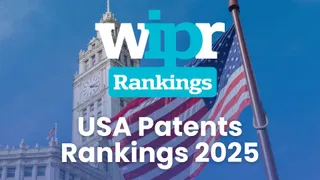
‘Why kill the bird?’: Twitter’s ‘X’ rebrand under scrutiny
Twitter hasn’t enjoyed the best headlines of late so perhaps it was inevitable that its billionaire owner Elon Musk would opt for a fresh new look, and start, for the brand.
Already registered?
Login to your account
If you don't have a login or your access has expired, you will need to purchase a subscription to gain access to this article, including all our online content.
For more information on individual annual subscriptions for full paid access and corporate subscription options please contact us.
To request a FREE 2-week trial subscription, please signup.
NOTE - this can take up to 48hrs to be approved.
For multi-user price options, or to check if your company has an existing subscription that we can add you to for FREE, please email Adrian Tapping at atapping@newtonmedia.co.uk
Editor's picks
Editor's picks
Copyright © worldipreview.com 2024 | Headless Content Management with Blaze

